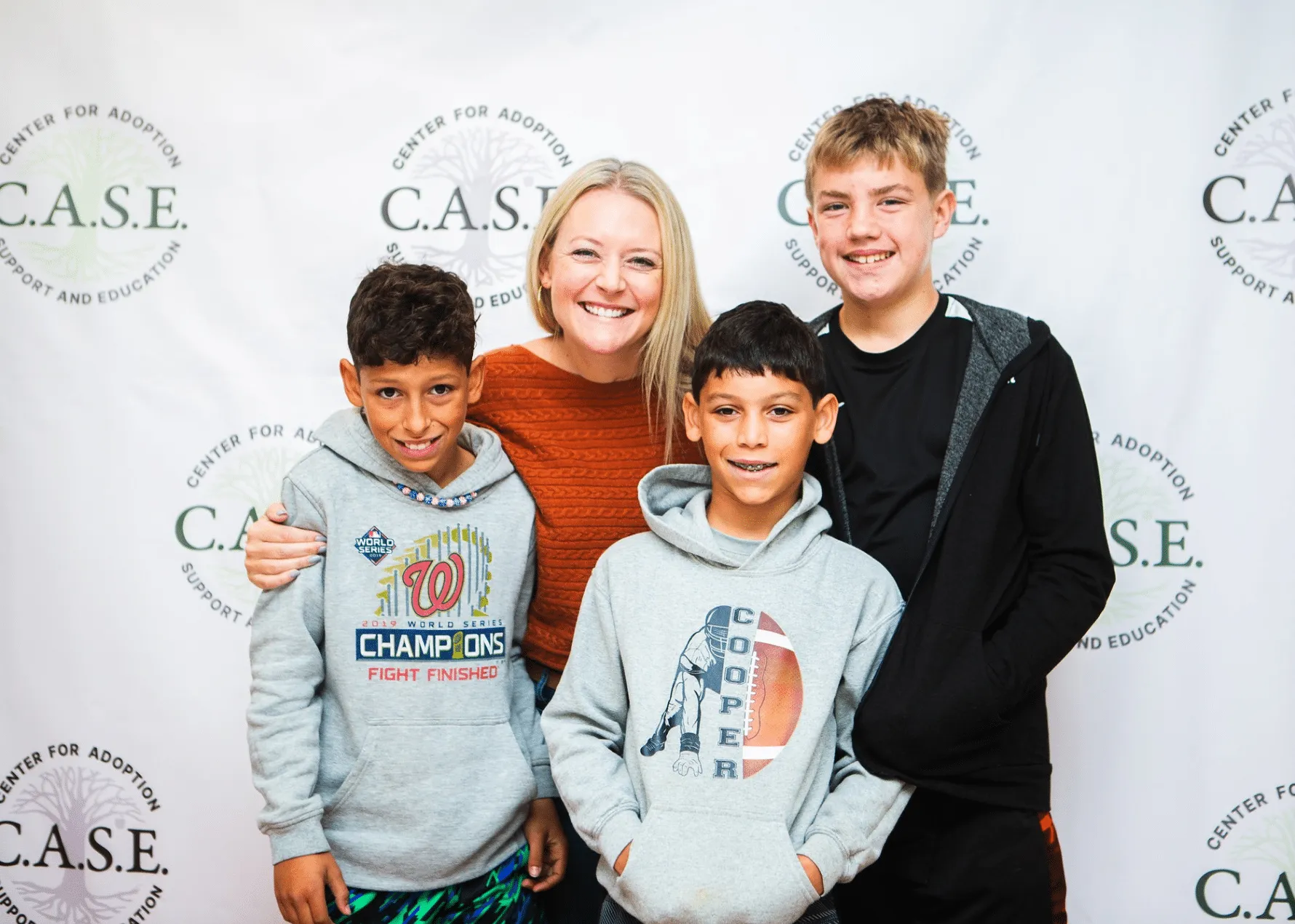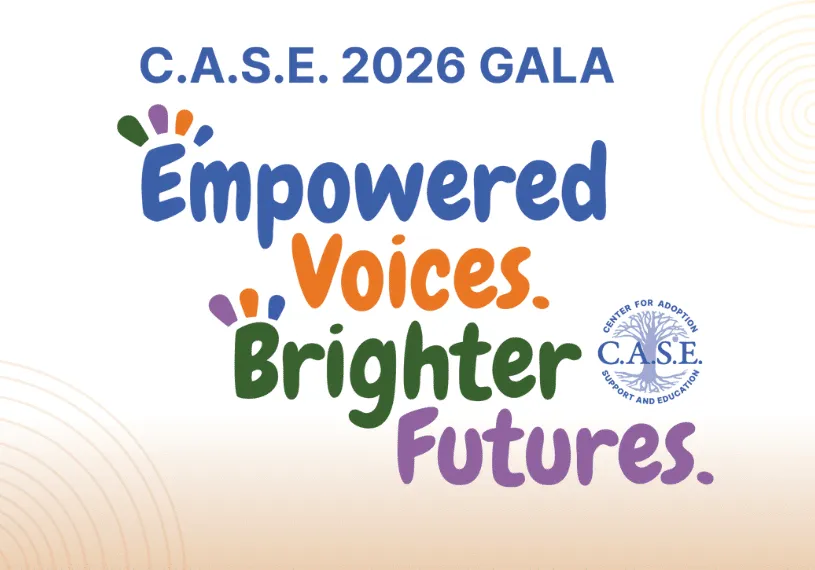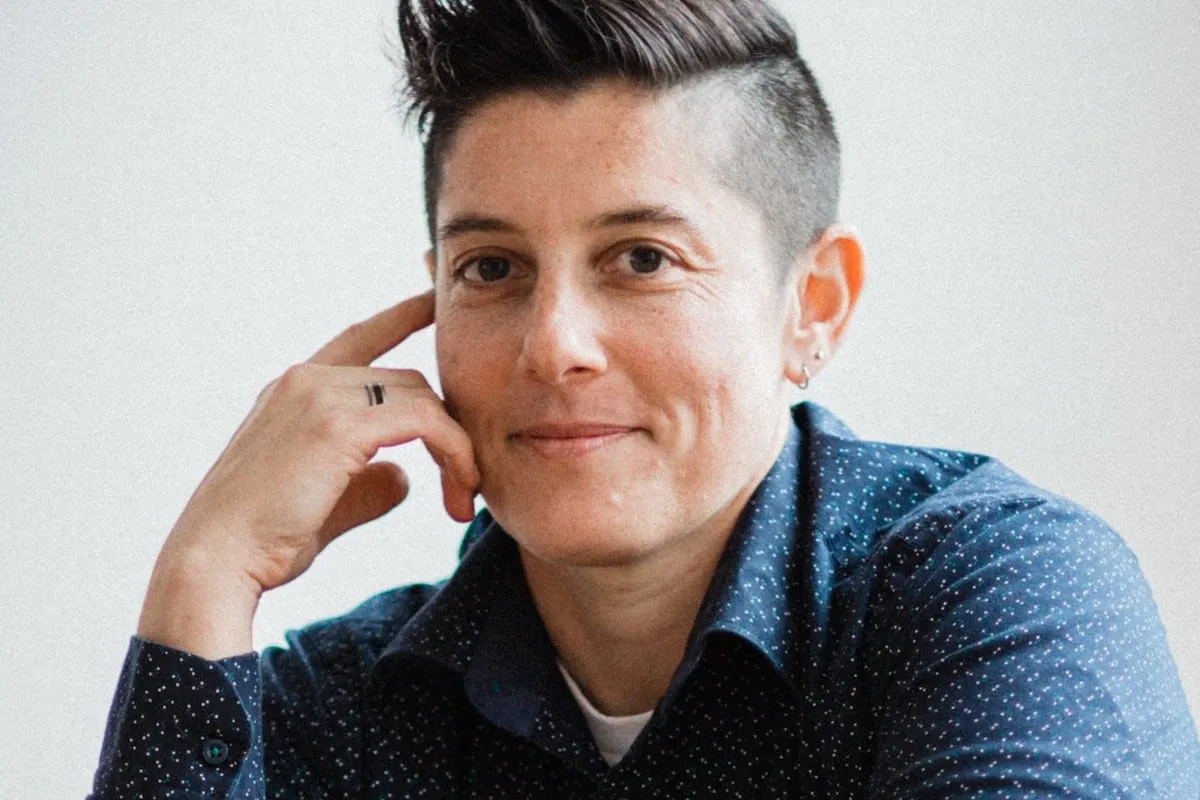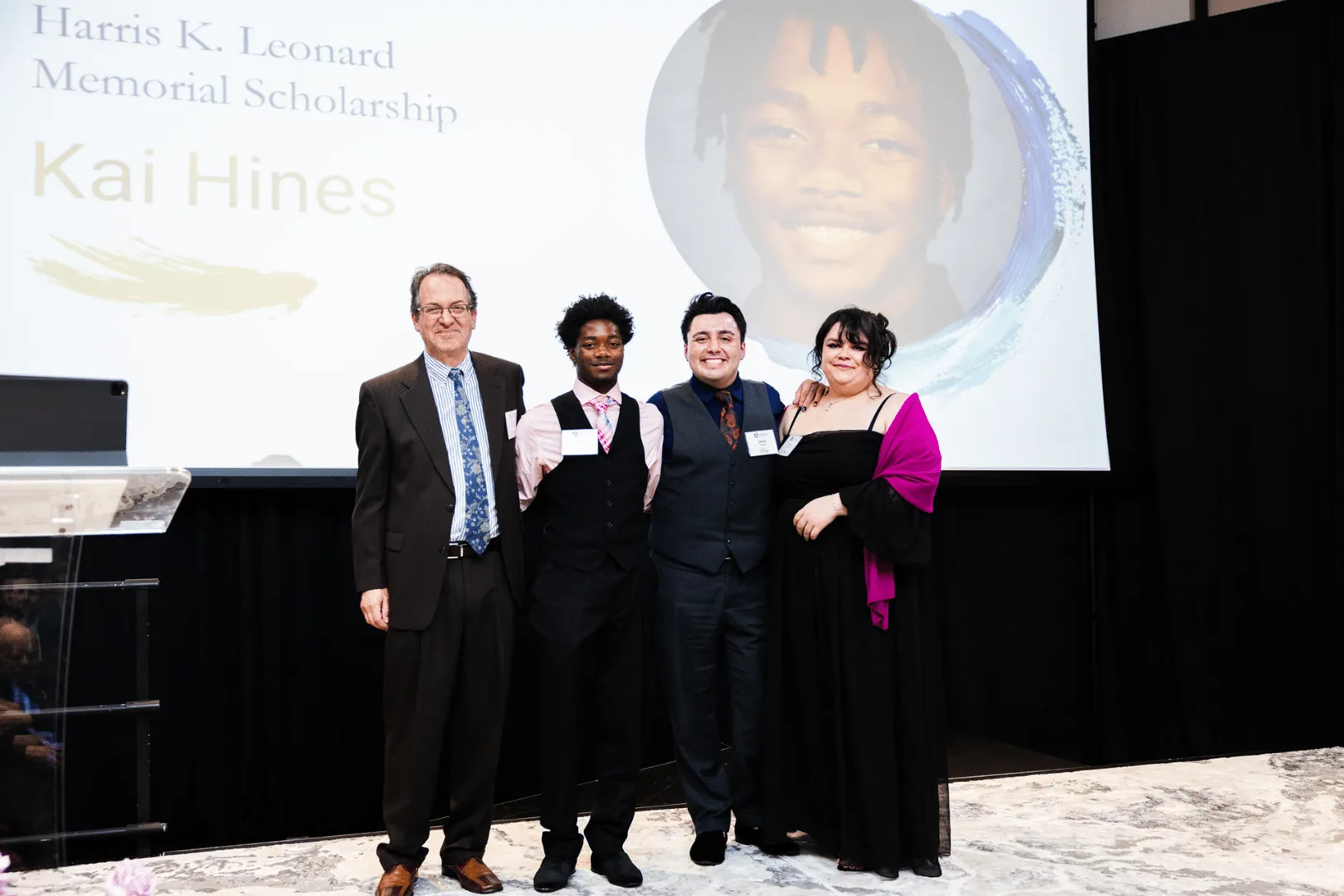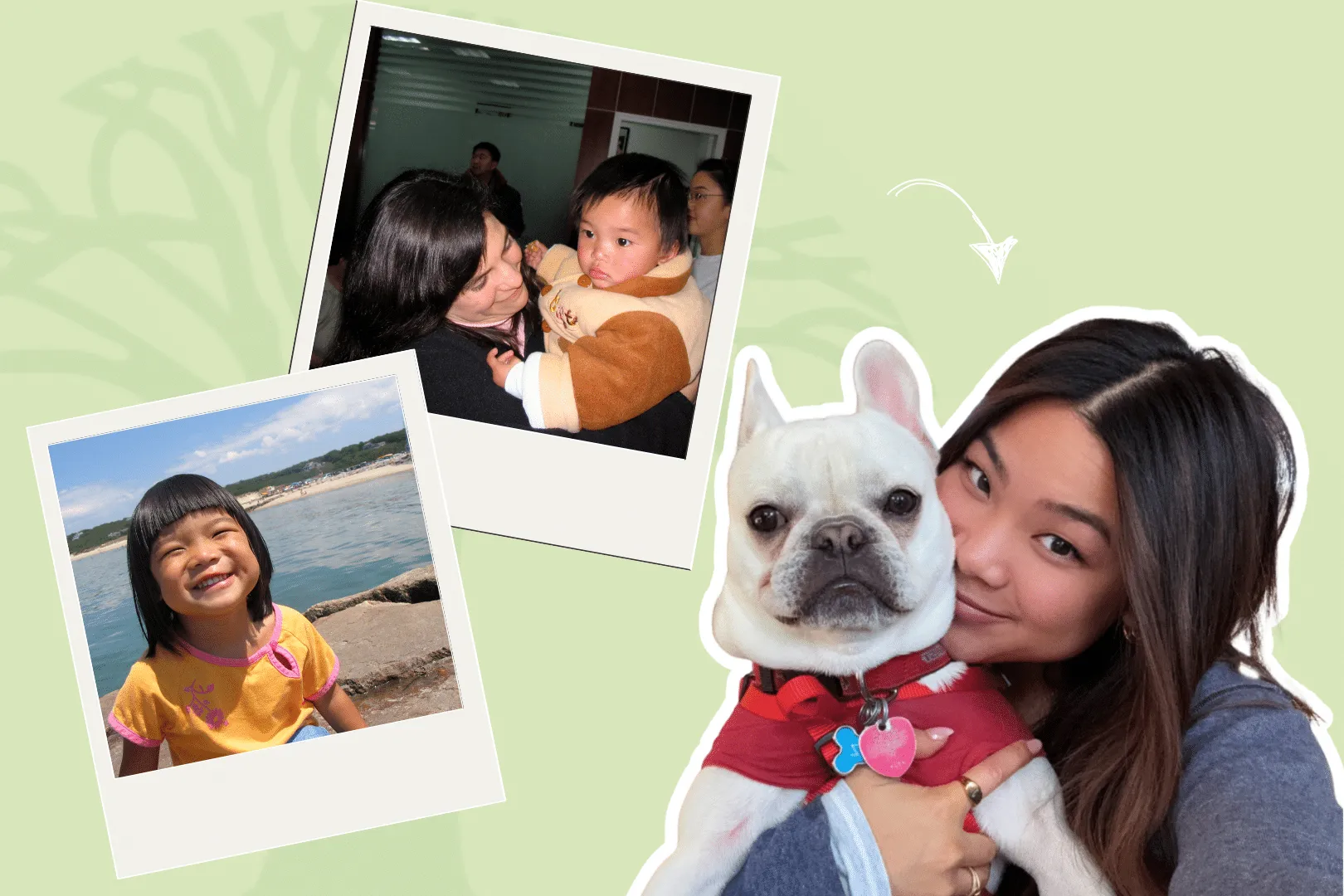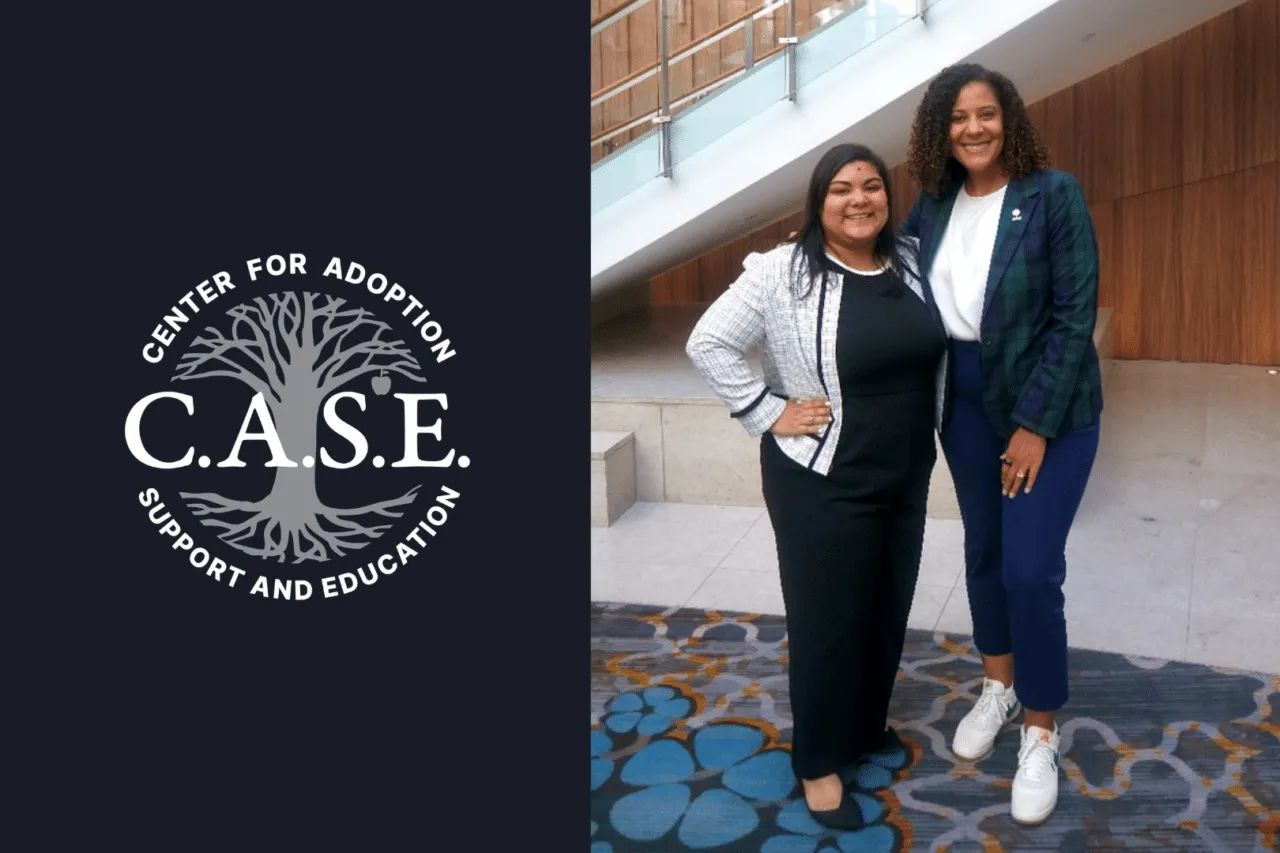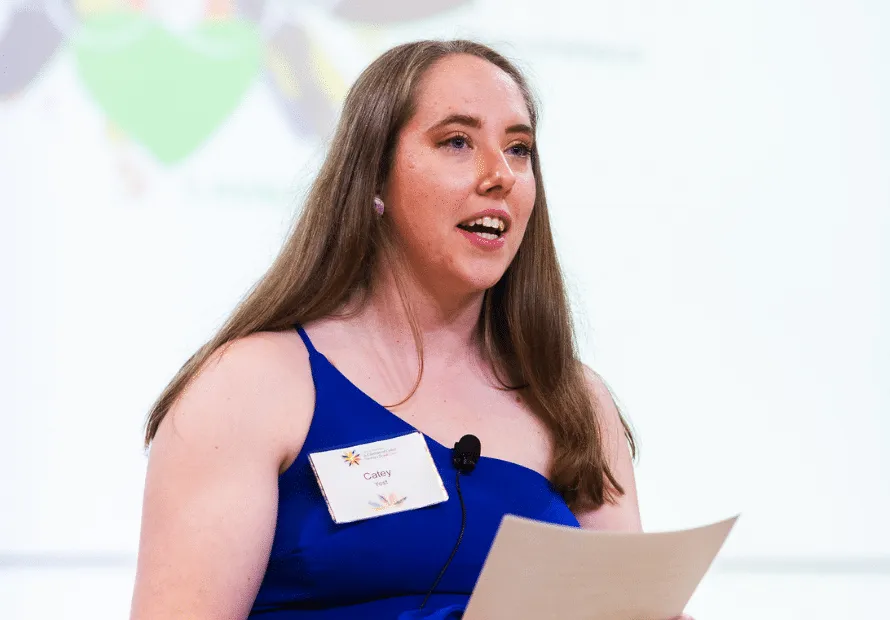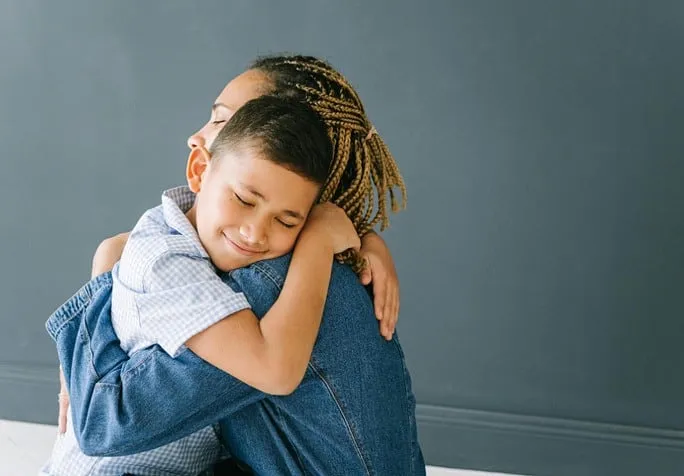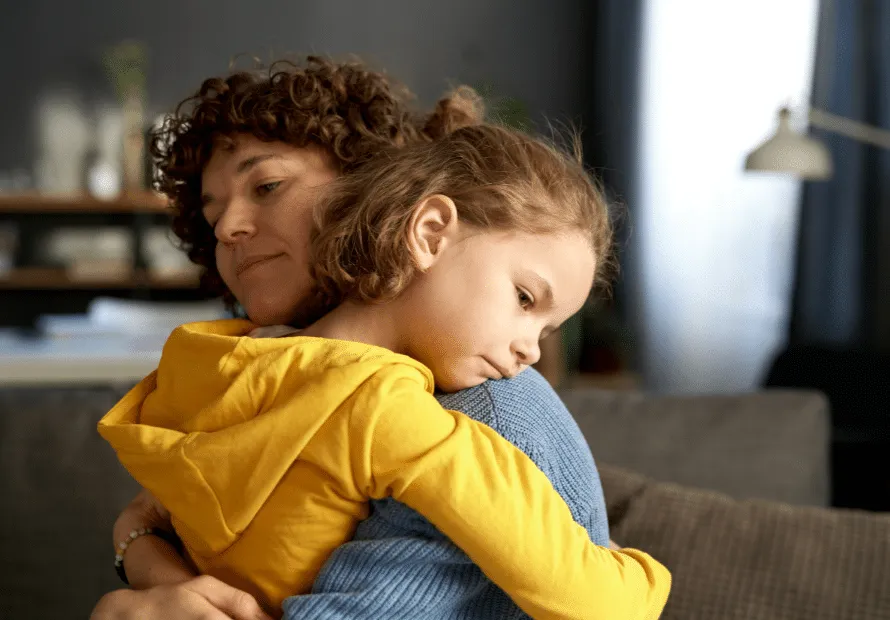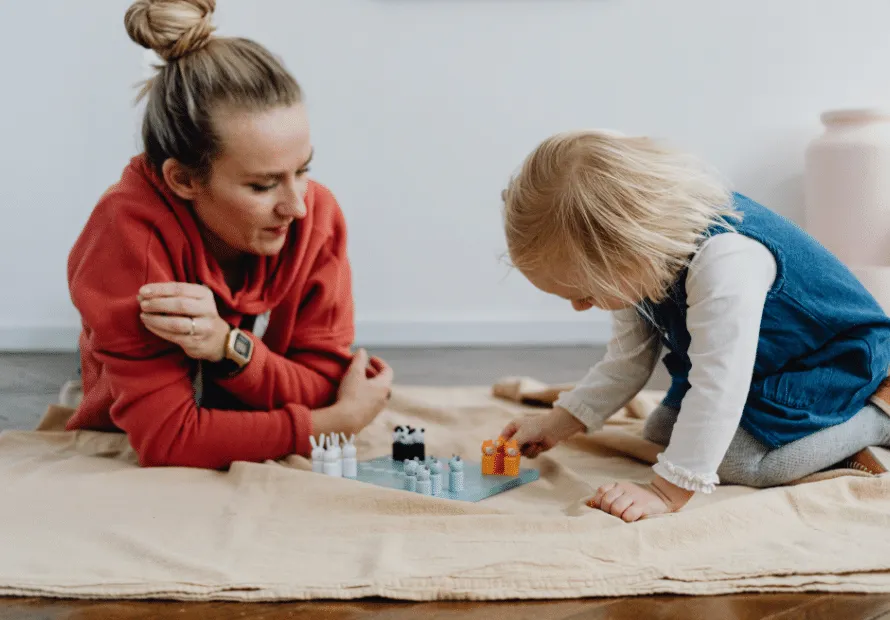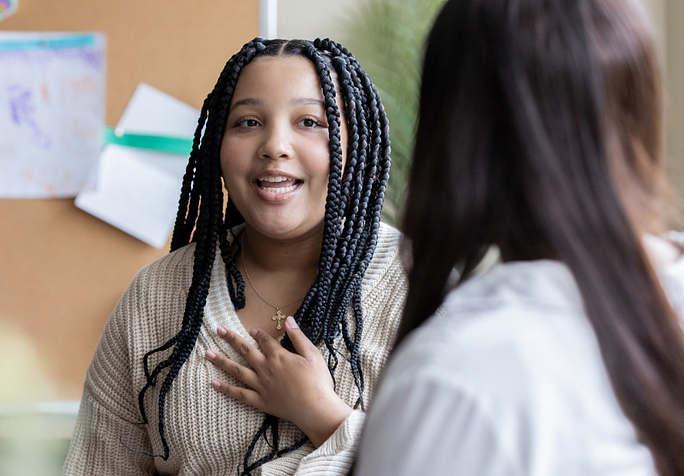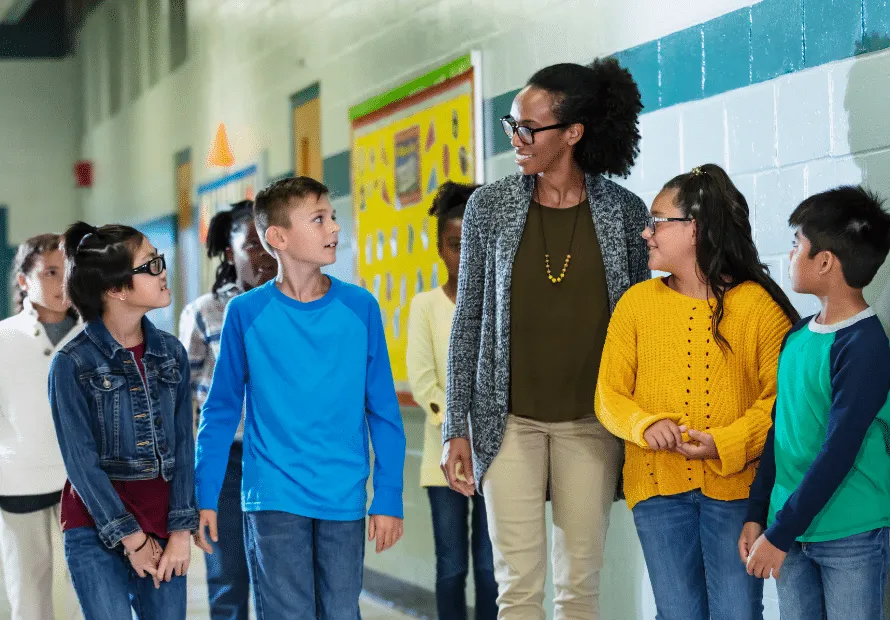New Research Confirms Power of Adoption-Competent Mental Health Care
Two landmark reports provide the strongest evidence to date on what works—and what families still need.
New research from C.A.S.E. confirms that adoption-competent mental health care makes a measurable difference in family outcomes, yet access remains limited. Explore our national survey and multi-state effectiveness study to see what families are saying, and why it’s time for bold systems change.
Learn MoreC.A.S.E. 2026 Gala
Empowered Voices. Brighter Futures.
Sponsorships & Tickets Now Available!
Join C.A.S.E. on April 11, 2026, 6:00-10:00pm at National Housing Center, Washington D.C. to support the adoptive, foster and kinship families we serve.
Get InvolvedSYF WEBINAR: Recovery and Repair After Conflict
Join us on Thursday, March 19th, 2026 at 1:00pm – 2:30pm EST as Dr. Gwen Bass Leslie Hales, LCSW, PIP, will help us reframe conflict as an opportunity for growth and walk away with practical steps for repair, empathy, and rebuilding trust after difficult moments.
Learn More + RegisterNow Accepting 2026 Nominations for HKL Memorial Scholarship
The Harris K. Leonard Scholarship will be awarded to a student who is currently in, has aged out, or was adopted from foster care and is pursuing post-high school education in a college, university, or trade school. Nominations MUST be submitted by 12:00pm EST on Friday, February 27, 2026.
Learn More + Nominate TodayWhat is Adoption-Competent Therapy?
C.A.S.E. therapists provide specialized adoption-competent therapy to children, teens, adults, and families throughout MD, VA, D.C. Metro Area. Live outside of the D.C. Metro area? Search C.A.S.E.’s Adoption Competence National Directory
Schedule an Initial Appointment
